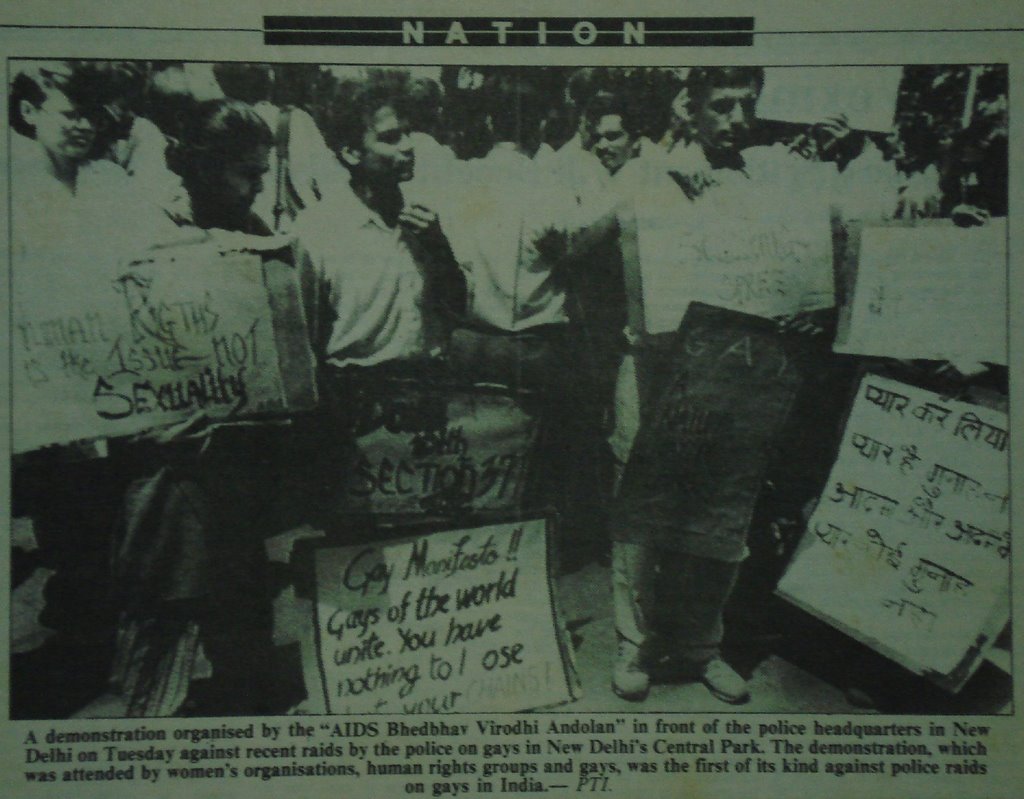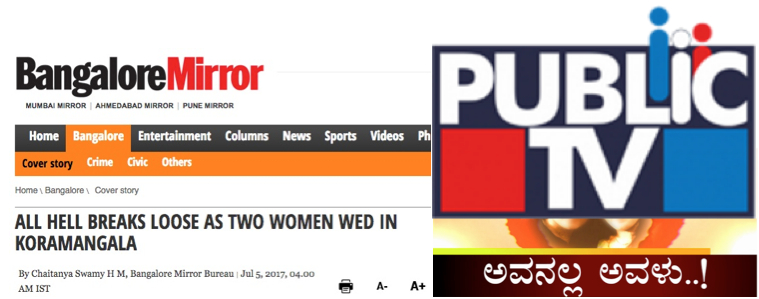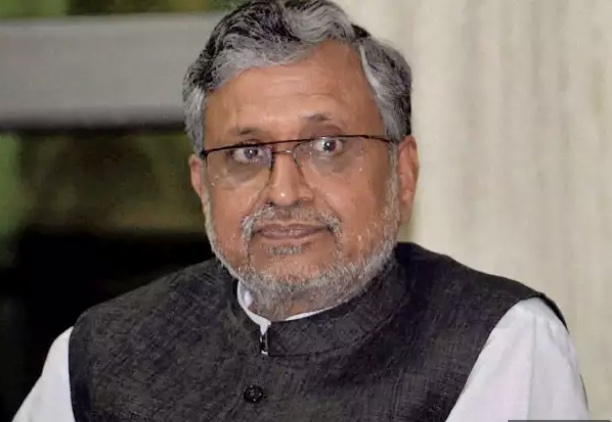Functional aspects of the Supreme Court judgement on transgender rights in India
This is about the SC judgement (delivered on the 15th of April’2014) on Writ Petition (Civil) No.400 of 2012 filed by NALSA against the Union of India and Others. On the whole the judgement is a step in the right direction. I take a look at the best possible way to implement it in what follows. For background material see the references below.
It is very important that the rules/ methods and procedures of the implementation be simple and straightforward. This is because the bureaucracy, in particular, has never had suitable training on gender issues or sex education. To hit the nail on the head, an essential universal instruction that should be adopted by all state governments and their implementing departments is the following (as per page 20-21 of the judgement):
If any Indian citizen wants to change their gender assigned at birth, then they are permitted to do so by filing a gender affidavit* indicating their preferred gender (from any of the three legally recognized ones). No additional medical certificates or endorsement/clearance by third parties (including relatives) need be furnished for the procedure.
(* A written statement of facts confirmed by the oath of the party making it, before a notary or officer having authority to administer oaths.)
This will enable people to live as they like in their gender of choice. If they are not allowed to, then it amounts to a crime committed on them by sections of society – that is about it. Trans woman may choose to identify as “women” or as “third gender” and trans men may opt for identifying as “men” or “third gender”. Those hijras, thirunangais and other gender diverse people who consider themselves to be outside of the gender binary system have the option to identify as the “third gender”. Many transsexuals follow a binary perspective when it comes to specifying their own gender identity, but some may have issues with “passing”. All transsexuals do not transition in the same way and to the same degree of completion – whatever that means. Those are some reasons for the options. Ideally we should permit people to use any label they desire, but the scope of the judgement is limited.
It is important that the existing laws on marriage be changed to accommodate relationships between people of any genders. Some studies suggest that the majority of trans women are lesbians or are bisexual, and that many trans men are gay or bisexual (see reference here). Often these people may be in conventional marriages before transition and these are bound to get into legal complications after transition. All this is further complicated by the general taboo against same-sex relationships in India. Then again, people of other genders do marry and/or form relationships with people of other genders in other ways. My personal view is that the state should not concern itself with the subject of marriage in the first place. But if it chooses to, then it should stop its grotesque discriminatory practices.
The SC ruling has directives on protecting the rights of trans people and people of indigenous genders in particular. Proper implementation requires that we have suitable infrastructure, personnel and universal sex and gender education. Of course, that is apart from basic benefits like free medical care, preferential access to education and sustainable living tracts. It is implicit in the ruling that State Governments are obligated to provide all of the benefits. Given the strength of the ruling, I am not too sure about the extent to which they will dare to violate the implicit guidelines.
NALSA vs Union of India Judgement [read here]
Operative part of the Judgment [English] [தமிழ் translation]
Aniruddha Dutta, 2014. Thoughts on the Supreme Court Judgment on Transgender Recognition and Rights. Orinam [read here]
Anindita Mukherjee, 2014. SC landmark transgender judgment: What it says, what is good and what it muddled up. Legally India [read here]
Legal, Academic and Community Analysis of SC Judgement. Compiled by Orinam [read here]
Ubuntu Women. Clarifications on Basic Terminology and Related Recommendations [read here]
Yogyakarta Principles [English] [தமிழ் translation]
The Task Force. Injustice at every turn. [read here]





THis is a historic judgement but it should be implemented inletter and spirit. All Rules and proccedures should be made and all the stakeholders should be given proper orientation.